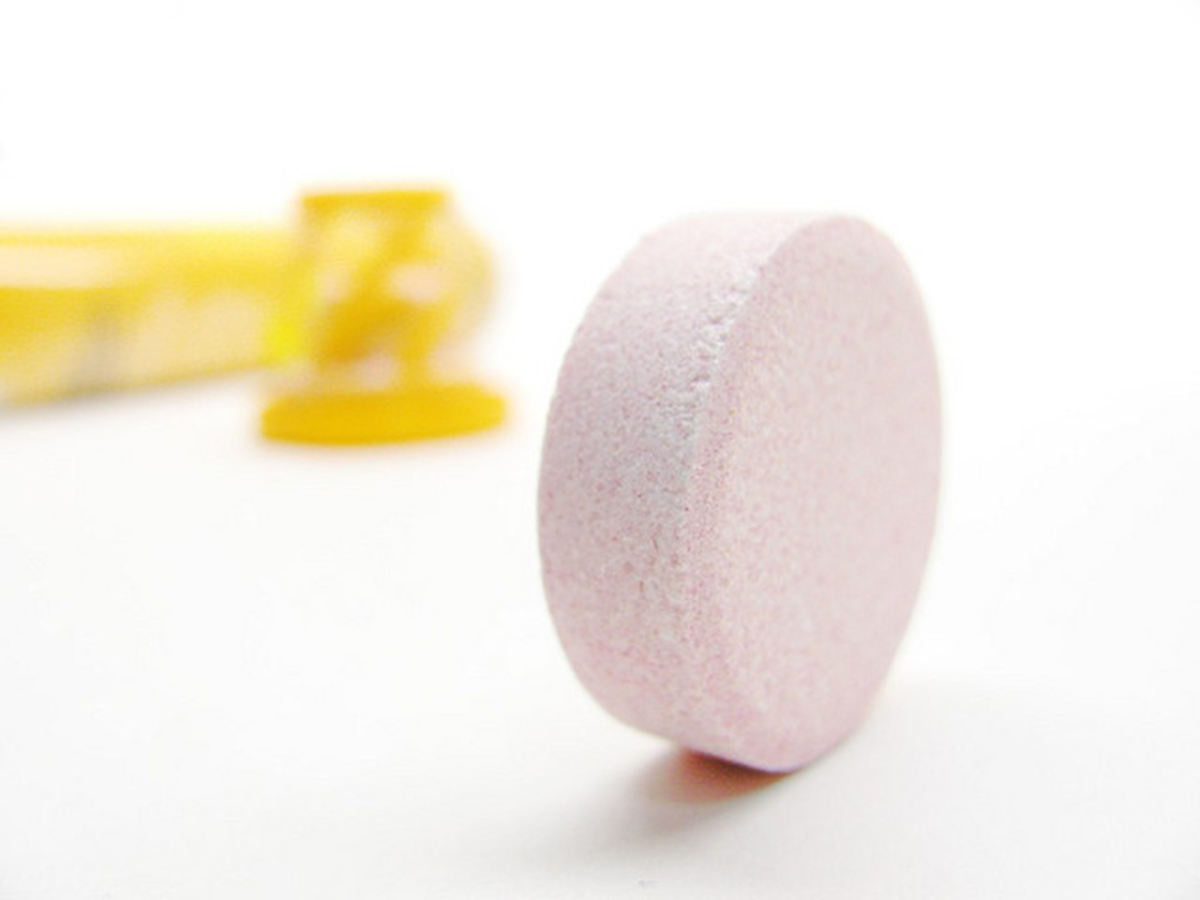Table of Contents
"Magical thinking" is typically employed as a pejorative term. Healthy magical thinking, can only up new possibilities through the power of the placebo effect.
Before Sam achieved the insight that would eventually make him well, he had developed not just one but two major health problems: migraine headaches, and anxiety about having migraine headaches. Fortunately, he had good friends who listened to him and helped apply his engineering mindset to dealing with his health problems. Their reasoning went something like this:
- Sam recognized that his health problems were ruining his career and jeopardizing his family's financial security. He chose to be grounded in the "common reality," a view of the world that others can understand.
- Sam recognized that he accomplished a great deal despite his headache pain and his anxiety. He didn't feel like a success, but he did feel like a fighter.
- Sam resolved that he didn't have to add anxiety to his migraines. He wasn't sure what the right self-talk, the right mantra would be for fending off anxiety, but he was sure he wanted to find it.
- The next few times Sam had migraine headaches he kept in mind that he could finish important tasks and take his medication later. He could salvage some productivity even from his migraine headache days.

Sam took on a teaching position. He knew that he would be fired if he did not show up for classes. However, he also resolved that he would teach his two-hour class before he took a shot of Demerol. There were many days Sam felt awful, but he persevered, and by the end of a year on the job, he had taken only one sick day. Remarkably, he was also taking less Demerol and Vicodin. There was no objective reason that simply making up his mind he was going to achieve his objectives no matter what should reduce his headache pain or his need for medication, but they did. Sam had benefited from the placebo effect.
You have probably heard of placebo pills, sugar tablets with no medication that nonetheless help people feel better. Research scientists used to look at the question of "What is a a placebo?" and answer with derision, but modern researchers have come to recognize an important principle:
Even if you know a pill is a placebo, and even if you know that a health practice should not have any beneficial effect, sometimes it does.
Researcher Ted Kaptchuk of Harvard Medical School has even run experiments that found that people who have bowel pain can be given a sham medicine, told it is a placebo, and still feel better after they take it. The greater question is why this should happen. There is a very simple answer.
The first step in magical thinking that really changes things for the better is recognizing the objective reality of your situation.
If you are sick, you cannot deny that you are sick. If you are poor, you cannot deny that you are poor. If you are facing death, you cannot pretend you will live forever. There's something about accepting reality that unlocks forces inside you that can change your situation. However, that's only part of the power of the placebo effect.
To get better with the power of the placebo effect (unlike the power of pharmaceuticals and medical procedures), you must choose to get better.
It's not enough to recognize you are sick. You must choose to get well, and be able to recognize health when you achieve it.
Could defeating health problems with magical thinking and the power of the placebo really be that simple? No, of course it is not. There are observable processes that can be explained by science that propel any improvement in physical health. However, those processes are likely to occur only after opening up to the possibility of living healthier, happier, and more fully.
- Kaptchuk TJ, Friedlander E, Kelley JM, Sanchez MN, Kokkotou E, Singer JP, Kowalczykowski M, Miller FG, Kirsch I, Lembo AJ. Placebos without deception: a randomized controlled trial in irritable bowel syndrome. PLoS One. 2010 Dec 22.5(12):e15591. doi: 10.1371/journal.pone.0015591.
- Kaptchuk TJ, Kelley JM, Conboy LA, Davis RB, Kerr CE, Jacobson EE, Kirsch I, Schyner RN, Nam BH, Nguyen LT, Park M, Rivers AL, McManus C, Kokkotou E, Drossman DA, Goldman P, Lembo AJ. Components of placebo effect: randomised controlled trial in patients with irritable bowel syndrome.BMJ. 2008 May 3. 336(7651):999-1003. doi: 10.1136/bmj.39524.439618.25. Epub 2008 Apr 3.PMID: 18390493.
- Photo courtesy of klestaaaaaa https://www.flickr.com/photos/klestaaaaaa/7319234074
- Photo courtesy of fbaett: www.flickr.com/photos/fbaett/3085910618/


Your thoughts on this